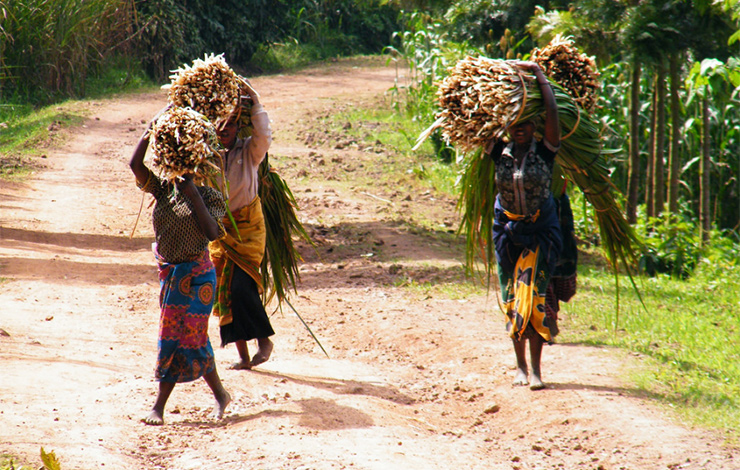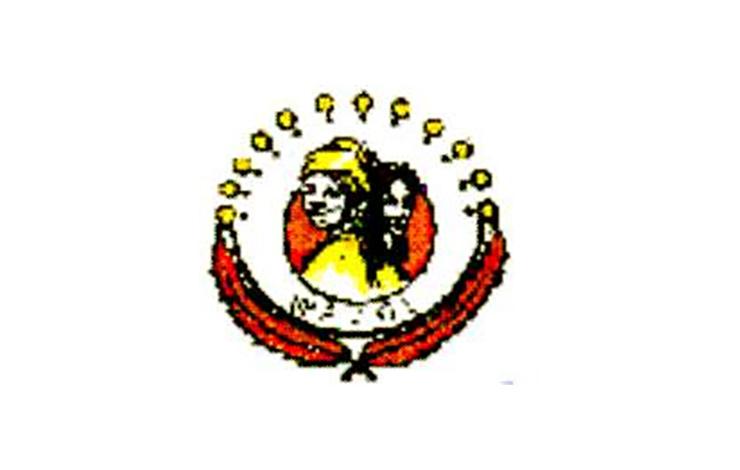Women’s rights violations in Nigeria are often justified under the pretext of customary and sharia law. Through this program, WACOL established two legal aid clinics to educate Nigerian women on their legal rights. The clinics provided legal counsel and representation to over 600 cases and sensitized law enforcement officials and faith leaders about the injustices women in their communities face.
Challenge

In Nigeria, women's rights violations are often justified under the pretext of customary and Sharia law. Although the Nigerian Constitution recognizes the right to freedom from discrimination, women’s rights violations tend to go unpunished. According to the Women Aid Collective, an indifferent attitude and harmful traditional practices, such as female genital mutilation, early and forced marriage, and the denial of inheritance and property rights to women and girls are reasons why these practices continue and violations to go unpunished.
Program Summary
The program established two women’s aid clinics to educate women on the protections they are afforded by the law. The clinics provided women with legal representation, counseling, and alternative dispute resolution to victims of gender-based violence. WACOL also conducted visits to individual communities for the purpose of mobilizing faith leaders and law enforcement officials to promote and uphold women’s rights and access to justice without discrimination.
Impact
The legal clinics aided in over 600 cases, providing a much-needed service for women who had no previous recourse of action. The clinics also provided access to information that would enable women to become educated about their rights. Moreover, law enforcement officials and faith leaders have become more sensitized to the injustices that went unaddressed in their communities, and more capable of intervening in situations where women’s rights were being violated.
Partners
WACOL worked closely with:
- Government officials and judges to develop training materials that were both comprehensive and accessible;
- Faith leaders and law enforcement officials to uphold and promote women’s rights within individual communities.


